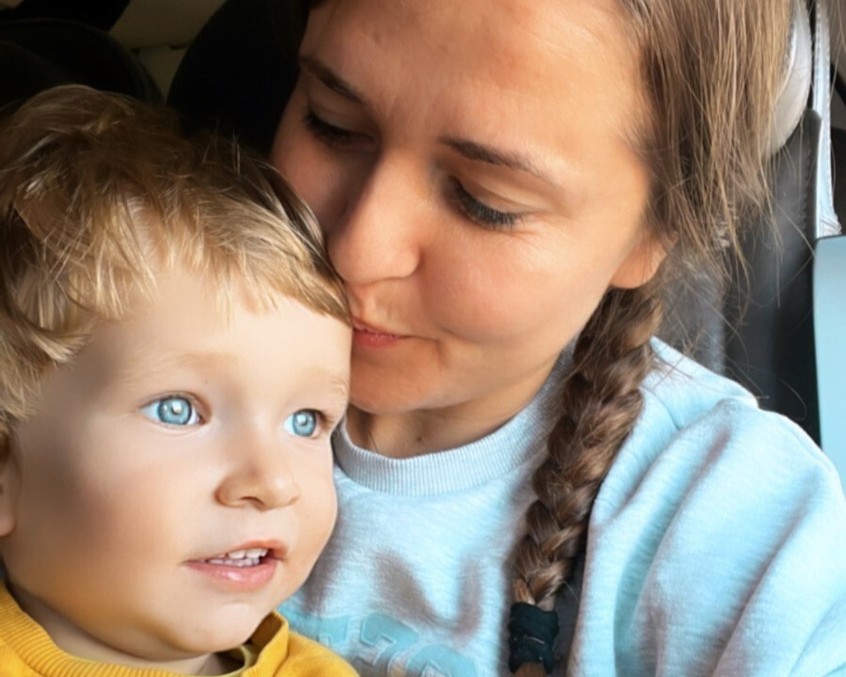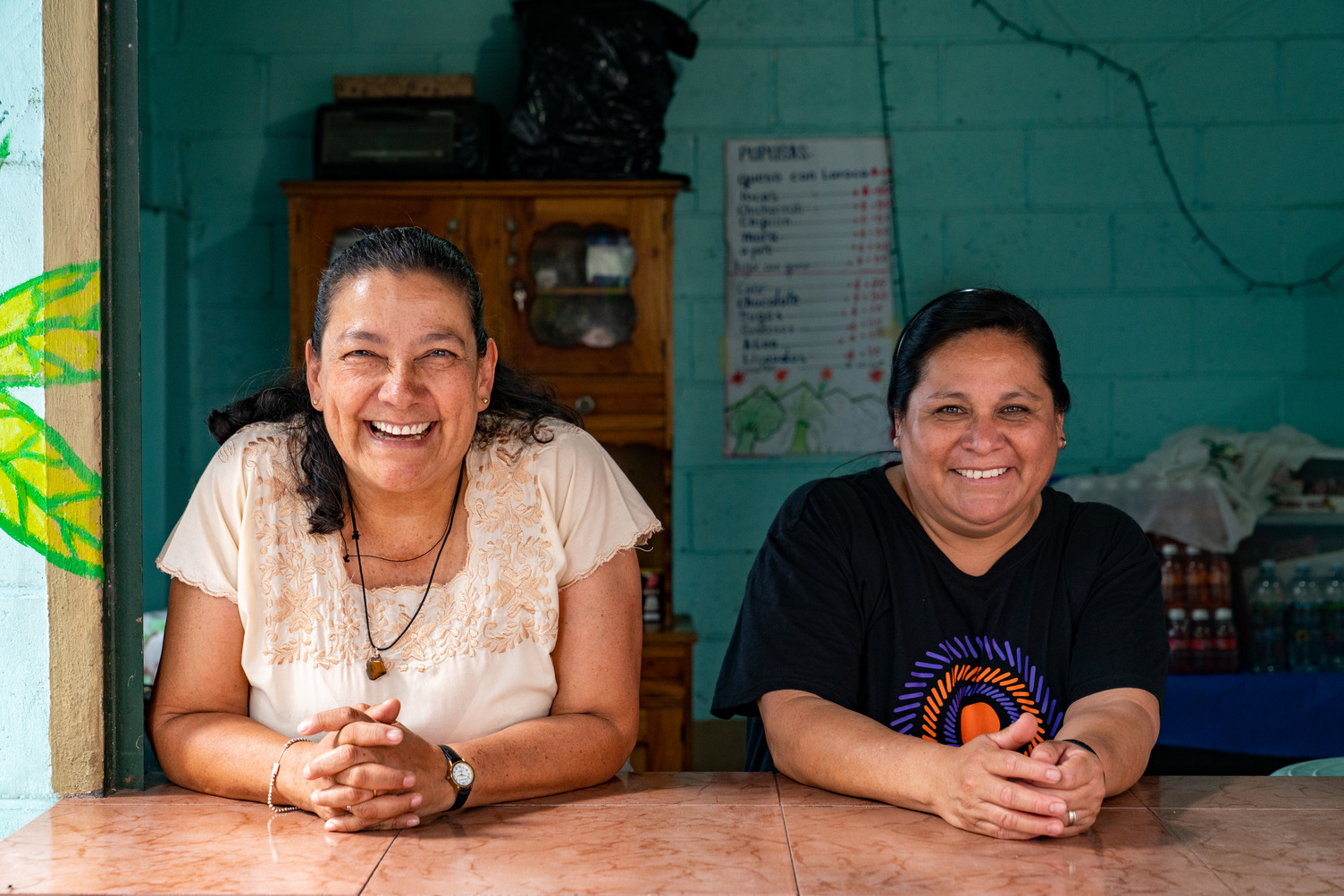Our work in Thailand and Myanmar is defined by support to people on the move between the two countries. More than two million migrants travel back and forth between them regularly, looking for work and better ways to support their families. And thousands of refugees from Myanmar are still living in camps in Thailand, mostly along the border, although many have returned home and adjust to new lives there.
Thailand is where Alight’s story began 40 years ago. Now, our work has evolved to support the new challenges people are facing in the region – and it’s still evolving as teams mobilize to confront the threat of Covid-19.
Using existing infrastructure to respond to Covid-19
One of our guiding stars in our work in South East Asia is preventing the spread of drug-resistant malaria. The emergence of this virulent strain of the disease poses a significant public health risk, as many remote communities have limited access to health services and information.
Some of the ways we work with partners and communities to address this issue are through screenings at border checkpoints, distribution of malaria-preventing tools like mosquito nets and repellent, and distributing awareness-raising information to people, especially migrants crossing the border. And because of our long history in both countries, we have trusted, established relationships with government partners, local organizations, and the communities as we do this work. They look to us for guidance on public health, particularly when it comes to malaria.
As it turns out, establishing this infrastructure has set us up well to respond to coronavirus – the pathways are already there. Now, we’re mobilizing Alight Myanmar and Thailand teams to get information out, and to help stop the spread of the virus as it threatens to destabilize already at-risk communities.
Covid-19 prevention in Myanmar
In Myanmar, we’re working side by side with the Karen Department of Health and Welfare (KDHW) to set up Covid-19 screening points along the border, checking people’s symptoms, taking their temperature, and monitoring potential spread between the two countries. So far, along with our partners, we’re helping to establish 49 screening points in seven districts, serving migrants as well as returning refugees from Thailand.














